Recognizing the Quiet Signs of Change
It wasn’t one big incident that made Michelle start to worry about her mother, Mae. There was no fall, no accident, no emergency. It was the small, almost invisible moments that built up over time. The little hesitations. The slight wince. The pause before pouring a kettle that used to feel effortless. These were the signs that Michelle began to notice—the ones that quietly said: something’s changing.
A Life of Independence, Now With New Challenges
Mae, now in her 80’s, has always been a proud, independent woman. She raised her family with love and strength, and even in later life, she continues to handle her day-to-day with dignity. But as age and reduced strength crept in, tasks that were once simple became a little more challenging.
“She’s a big tea drinker,” Michelle explained. “It’s her thing. A few cups a day, without fail. But we started to realise that the average kettle was just too heavy. We were afraid she’d burn herself. She never complained, but I could see it.”
Balancing Support With Sensitivity
Making the decision to step in wasn’t easy. Michelle, like many adult children, worried how her mum might take it. “I thought she’d be offended,” she admitted. “Like I was saying she was old or incapable. But the truth is, I was trying to help her stay independent, not take anything away.”
To Michelle’s surprise, Mae embraced the change without hesitation. “She saw the point straight away,” she said. “She loved the idea that she could still make her tea safely, w
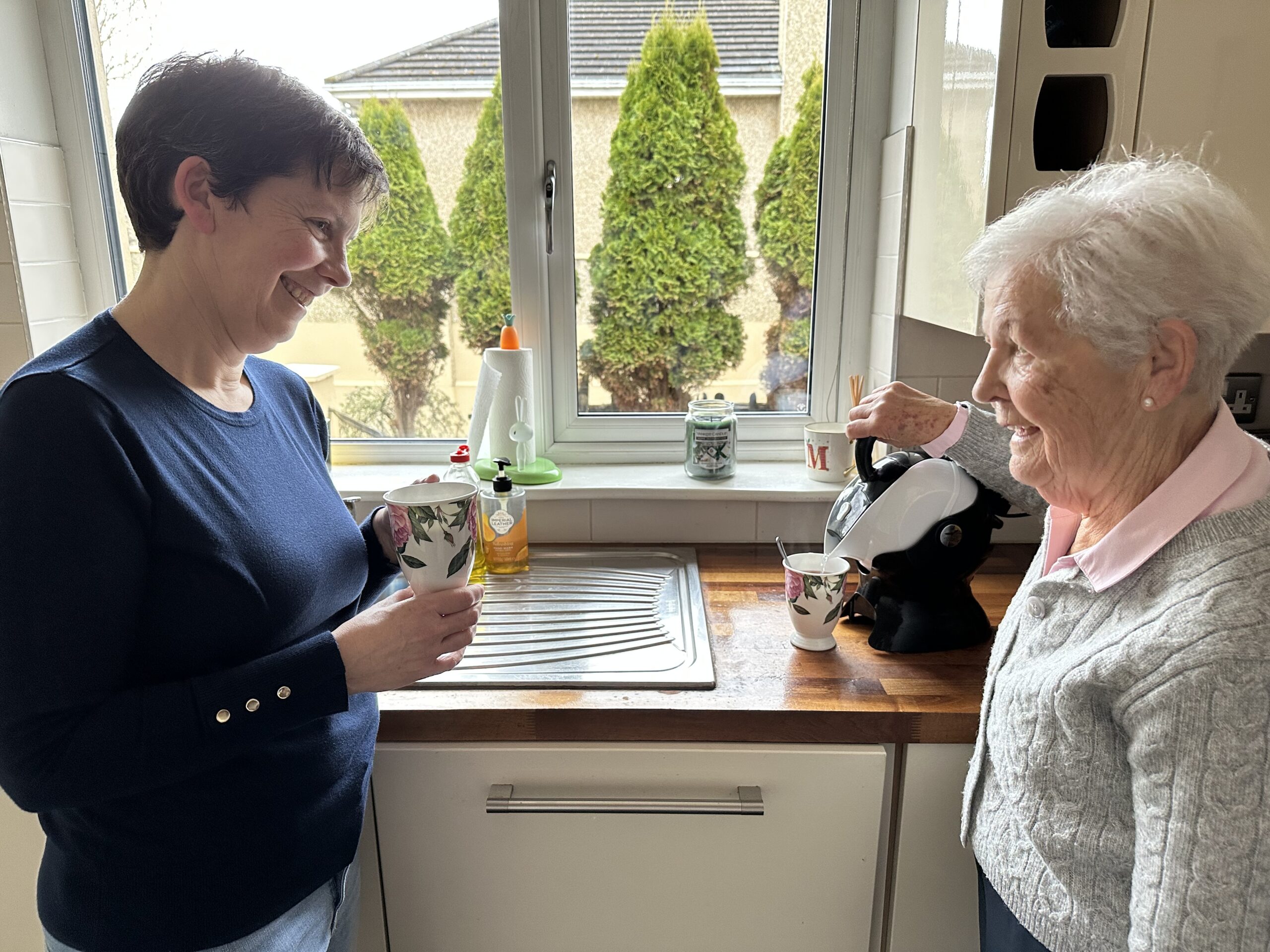
ithout worrying about the weight of lifting and pouring.”
A Simple Change, A New Routine
Since then, the change has become part of a new routine—one that keeps their bond strong.
Michelle lives just across the road, and popping in for a cuppa has become a cherished part of both their days. “She makes tea for herself and coffee for me,” Michelle smiled. “It’s our little ritual. It might seem small, but it’s those moments that matter most.”
Confidence Restored With Everyday Support
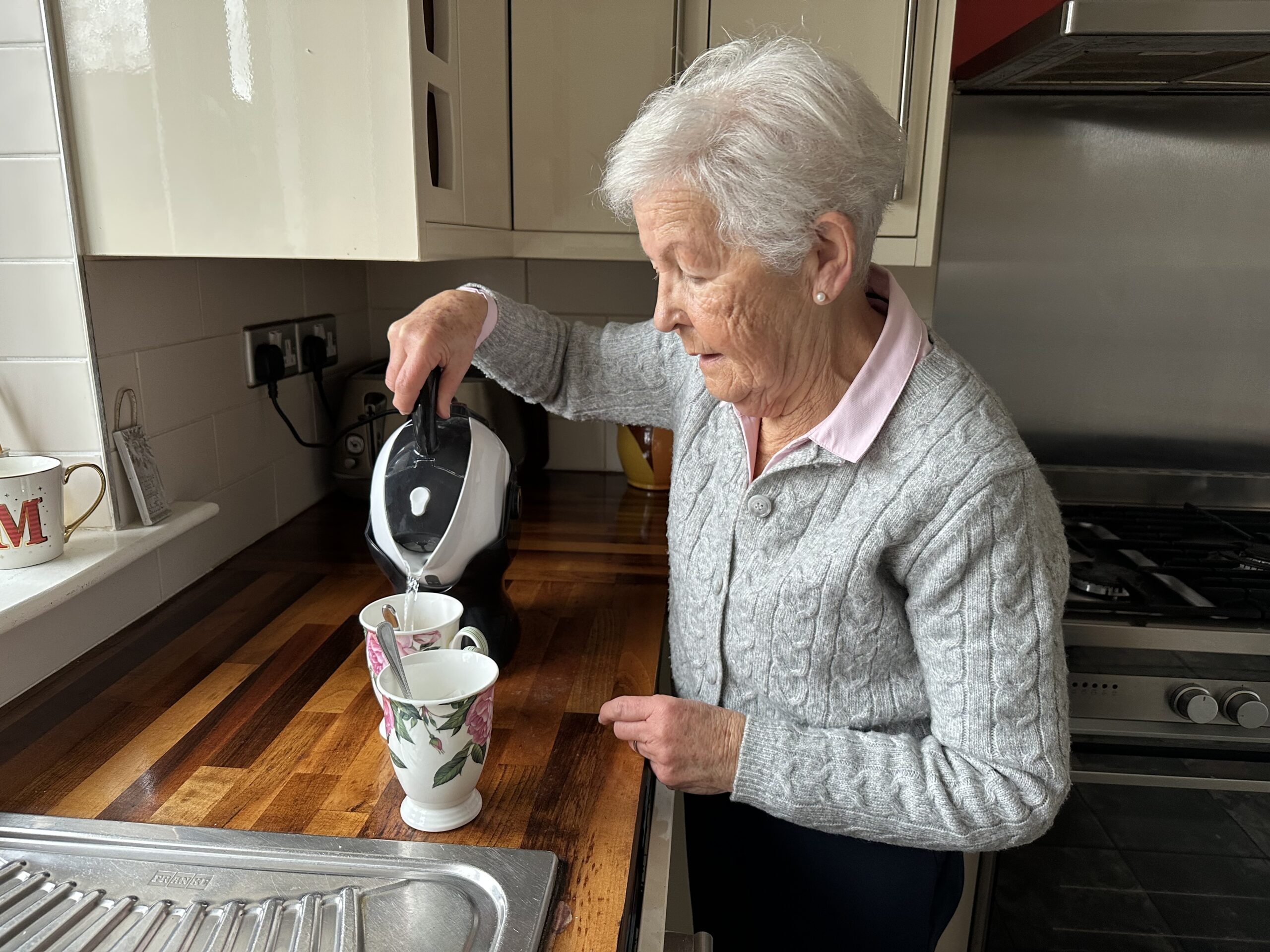 For Mae, the confidence to keep doing things for herself is everything. “I’m delighted with it,” she said. “I don’t have to worry about lifting or pouring like before. It doesn’t spit or splash like the old one did. It’s a nice, even pour. I love how it sits in the cradle. It’s light, and it makes life that bit easier.”
For Mae, the confidence to keep doing things for herself is everything. “I’m delighted with it,” she said. “I don’t have to worry about lifting or pouring like before. It doesn’t spit or splash like the old one did. It’s a nice, even pour. I love how it sits in the cradle. It’s light, and it makes life that bit easier.”
What’s more, it’s become a bit of a talking point in Mae’s kitchen. “One of my visitors saw it and told me he was going to buy one for his mum. She’s around my age, and he thought it would be perfect for her too.”
The Real Gift: Understanding, Respect, and Care
This isn’t just a story about a kitchen tool. It’s about recognising when someone you love needs support—and finding a way to offer that support that uplifts, rather than undermines, their independence.
Mae didn’t want to give up her routine. She didn’t want to feel like she was losing control. And thanks to Michelle’s care and attentiveness, she didn’t have to.
It’s a reminder that practical help can still be personal, and that aging doesn’t mean letting go of the things that bring joy and pride.
Because sometimes, the most powerful way to show love isn’t through grand gestures—it’s in the little things: a warm cup of tea, a shared conversation, and the quiet comfort of knowing someone has your back.
If you know someone who perhaps struggles with lifting and pouring a heavy kettle, you can learn more about the Uccello Kettle here.




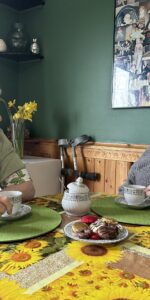



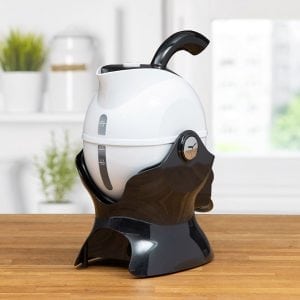
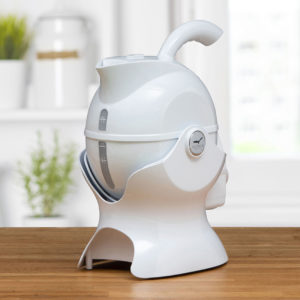
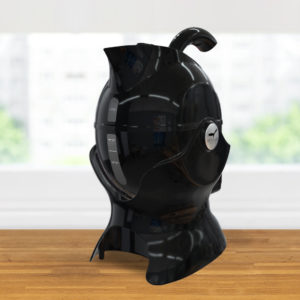
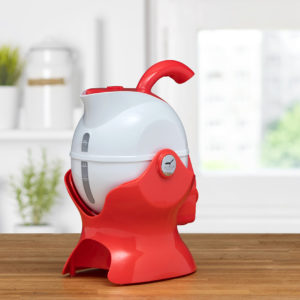

Leave a Comment